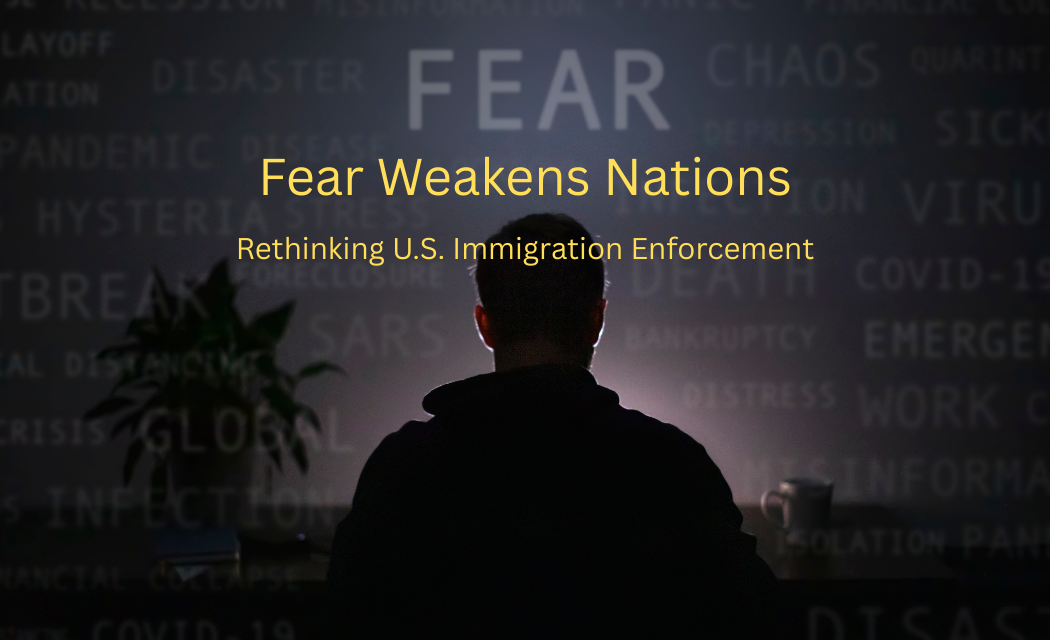Fear Weakens Nations: Rethinking U.S. Immigration Enforcement
Freemuslim stands at the forefront of advocating for a society where diversity, inclusion, and human dignity thrive. Recent escalations in ICE activity—marked by widespread raids and detentions across Washington, D.C., and throughout the United States—are not only impeding immigrant communities but are corroding the very foundations of public trust and societal cohesion. Evidence shows that instilling fear in society does not strengthen a nation—it destabilizes it.
Research demonstrates that fear-based enforcement undermines community safety and institutional trust. Studies of the Secure Communities program reveal that heightened immigration enforcement discourages Hispanic crime victims from reporting offenses, increasing their vulnerability while crime rates remain largely unchanged. Likewise, survey research published in the Journal of Race, Ethnicity, and Politics shows that collaboration between local law enforcement and ICE leads undocumented immigrants to withdraw from engaging with essential institutions such as police, schools, banks, and public services, deepening societal disengagement.
The repercussions of enforcement extend even to citizens. Work by Biasi and colleagues highlights that Hispanic citizens themselves reduce their participation in welfare programs when aggressive immigration enforcement rises, illustrating how fear reverberates beyond undocumented individuals. Further, studies led by Vargas show that restrictive immigration policies harm children’s mental health, producing anxiety, sleep disturbances, and stress—even among U.S.-born children of immigrants. Recent research published in the Journal of Racial and Ethnic Health Disparities adds that both inclusive and exclusionary coverage of immigration in the media are associated with distrust in government health messaging among Latinos, underscoring how fear-driven rhetoric damages institutional credibility and cohesion across communities.
The consequences of these findings are profound. When intimidation tactics undermine trust, immigrant communities disengage from public life, compromising crime reporting, civic participation, and access to services. As individuals retreat into isolation, social solidarity weakens, making unified responses to national challenges more difficult. Public health and welfare decline as fear disrupts access to safety nets, threatening both immigrant and native-born populations. Perhaps most concerning is the intergenerational impact, as children—regardless of immigration status—bear the emotional burden, carrying developmental harm that reverberates through future generations.
In Washington, D.C., these issues have become a focal point of discussion. Mr. M0ujtaba Akhwand recently convened with scholars at George Washington University and American University to emphasize that when life is infused with fear, tensions escalate not just in immigrant communities but throughout society. He argued that more constructive, humane alternatives exist. These include migration solutions that uphold the goals of border security and immigration order without resorting to intimidation, as well as pathways to lawful residency and eventual citizenship. Such measures recognize immigrants’ longstanding contributions while building an inclusive society where all residents—regardless of origin—can engage positively in civic life.
Ultimately, fear-based immigration enforcement does not fortify the United States—it fractures it. A nation built on opportunity and belonging must reject strategies that silence and isolate. Instead, it must embrace policies rooted in creativity, compassion, and inclusion. Only by doing so can the U.S. strengthen stability, trust, and unity across its diverse communities.
References
-
Gonçalves, Felipe, Esteban Jácome, and Emily Weisburst. (2024). Immigration Enforcement and Public Safety. NBER Working Paper.
-
Journal of Race, Ethnicity, and Politics. (Cambridge University Press). Impact of Interior Immigration Enforcement on Lives of Undocumented Immigrants.
-
Biasi, Barbara, et al. (2022). Fear and the Safety Net. Review of Economics and Statistics.
-
Vargas, Edward D., et al. (2021). Parental Perceived Immigration Threat and Children’s Mental Health. PMC.
-
Journal of Racial and Ethnic Health Disparities. (2025). Immigration Policies Shape Latinos’ Trust in Health Information.










